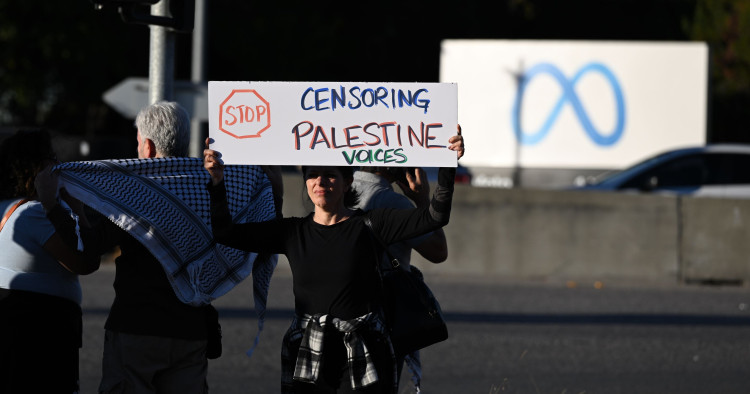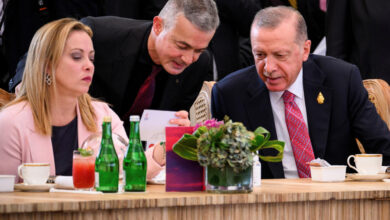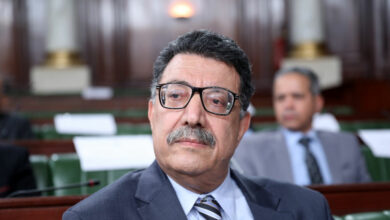Meta’s systemic censorship of Palestine-related content, Human Rights Watch report

A new report released by Human Rights Watch (HRW) has accused Meta, parent of the two social media platforms Facebook and Instagram, of censoring pro-Palestine content.
The report explains that “between October and November 2023, Human Rights Watch documented over 1,050 takedowns and other suppression of content Instagram and Facebook that had been posted by Palestinians and their supporters, including about human rights abuses.”
Reports about Meta’s bias predate the current war. In 2021, pro-Palestine online activists complained their content was removed as they protested the evacuation of Palestinian families from their homes in Sheikh Jarrah neighbourhood.
On many occasions, Meta apologized for the censorship of content related to Palestine and “promised to address it,” the report reads. Earlier in October, Instagram apologized for adding the term “terrorist” to the biographies of some Palestinian and non-Palestinian activists defending Palestinian rights.
According to the HRW report, Meta’s conduct has shown “six key patterns of undue censorship , each recurring at least 100 times, including 1) removal of posts, stories, and comments; 2) suspension or permanent disabling of accounts; 3) restrictions on the ability to engage with content—such as liking, commenting, sharing, and reposting on stories—for a specific period, ranging from 24 hours to three months; 4) restrictions on the ability to follow or tag other accounts; 5) restrictions on the use of certain features, such as Instagram/Facebook Live, monetization, and recommendation of accounts to non-followers; and 6) “shadow banning,” the significant decrease in the visibility of an individual’s posts, stories, or account, without notification, due to a reduction in the distribution or reach of content or disabling of searches for accounts.”
Besides, several users have reported not being able to interact with “Human Rights Watch’s post calling for evidence of online censorship, which was flagged as “spam.’”
The report identifies 4 systemic factors that contributed to the censorship:
- Flaws in Meta policies, principally its Dangerous Organizations and Individuals (DOI), which contains “sweeping bans on vague categories of speech, such as “praise” and “support” of “dangerous organizations,” which it relies heavily on the United States government’s designated lists of terrorist organizations to define.”
- “Inconsistent and opaque application of Meta policies”
- Compliance with some governments’ requests to remove content
- Excessive reliance on automated tools to address Palestine-related content.
Speaking to AlMayadeen, American journalist Dan Cohen, said Israel has influence inside social media giants like X and Meta via the U.S. government. He expressed hope users would avoid the traditional social media.
U.S. Senator Elizabeth Warren also expressed concern over Meta’s bias and asked Mark Zuckerberg to provide “answers.”
In a statement to the Guardian acknowledged its own errors but remarked that the pro-Palestine content is huge on its platforms, and therefore, the claim of “‘systemic censorship’ may make for a good headline, but that doesn’t make the claim any less misleading.”




